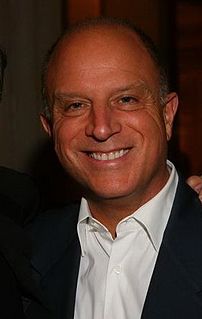A Quote by Michael Shellenberger
Chernobyl' is supposedly about the lies, arrogance, and suppression of criticism under Communism, but the mini-series portrays life in the Soviet Union in the 1980s as inaccurately, and melodramatically, as it portrays the effects of radiation.
Related Quotes
This much I would say: Socialism has failed all over the world. In the eighties, I would hear every day that there is no inflation in the Soviet Union, there is no poverty in the Soviet Union, there is no unemployment in the Soviet Union. And now we find that, due to Socialism, there is no Soviet Union!
You know, we did a good job in containing the Soviet Union, but we made a lot of mistakes, we supported really nasty guys, we did some things that we are not particularly proud of, from Latin America to Southeast Asia, but we did have a kind of overarching framework about what we were trying to do that did lead to the defeat of the Soviet Union and the collapse of Communism. That was our objective. We achieved it.
Women are the most denigrated social group in the Soviet Union. The idea of women's emancipation is only a slogan in - but also, I should say, in many places outside - the Soviet Union. But especially in the militaristic Soviet society, people only thought of life in terms of struggle and the workers' toil.

































